Hearing
Game Changers: Artificial Intelligence Part III, Artificial Intelligence and Public Policy
PURPOSE:
To examine the potential role for the government and the private sector in addressing challenges presented by Artificial Intelligence (AI).
To consider the merits and costs of the government role in potential solutions to challenges including bias, ethics, global competitiveness, privacy and transparency.
BACKGROUND:
On February 14, 2018, the Information Technology Subcommittee held the ...


